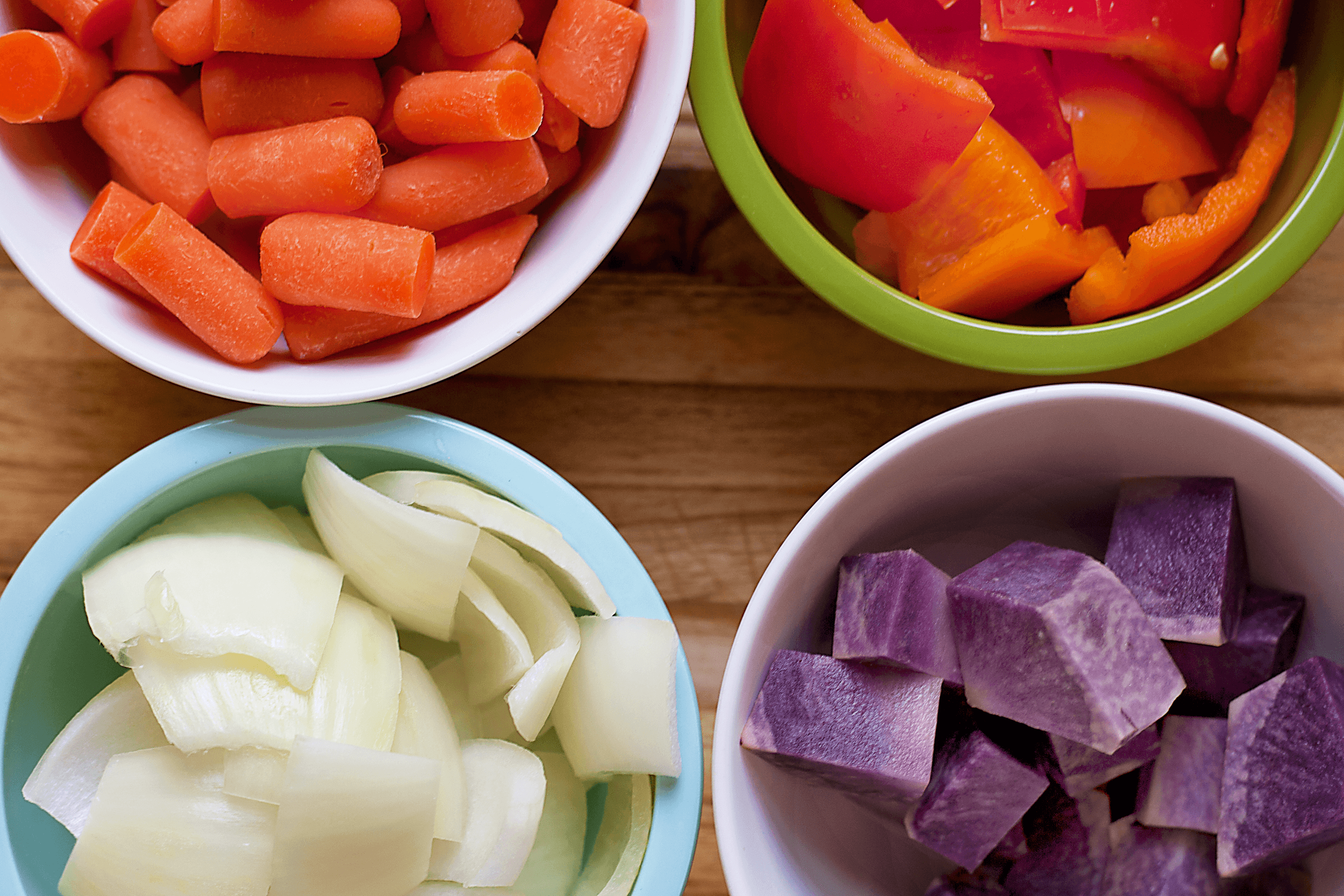Along with the pain and joys of pregnancy comes the strange phenomenon of pregnancy cravings. Although there are hypotheses posed as to why pregnant women experience this condition, it remains a mystery as to why some women undergo these cravings while other women do not. Moreover, some women, rather than desiring a specific food, experience feelings of aversion to certain types of food and have nausea or vomit if even a whiff passes by their nose (also known as morning sickness). Even more strangely, women may crave the weirdest combinations, like ice cream and pickles, to even non-food items (a condition called pica).
Many women succumb to the desires of their taste buds, but what most people do not know is that the environment of a mother’s womb is determined by several factors, such as smoking, stress, and diet. Because the environment of the mother’s womb characterizes the attributes of their babies, women should take consideration in deciding what foods are to be consumed during pregnancy. This process is described as “development programming“.
Image Source: Mike Harrington
In a study led by Professor Vardhman Rakyan of Queen Mary University of London, pregnant mice that were given a low protein diet produced smaller offspring in comparison to genetically identical pregnant mice that were given a normal diet for the duration of their pregnancy. The offspring mice whose mothers had a low protein diet were 25% lighter, meaning that the mice were 25% smaller in weight than normal. Furthermore, when the experiment was repeated manipulating a high-fat diet versus a normal diet, the pregnant mice that ate a higher fat content produced larger baby mice. The research team used the results of these experiments to extended a conclusion towards human childbearing: development programming is a possible factor in determining obesity in human children.
Thus, pregnant women should be especially cautious of their food intake during the duration of their pregnancy because the conditions of the womb influence attributes of their babies. As experiments with pregnant mice showed, a low protein diet and a high fat diet should be avoided. Instead, some healthy alternatives to include into your diet are fresh produce (fruits and veggies), whole grained breads and cereals, salmon, and dishes with beans and eggs. If you ever run across any questions, make sure to consult your obstetrician.
Feature Image Source: Personal Creations










